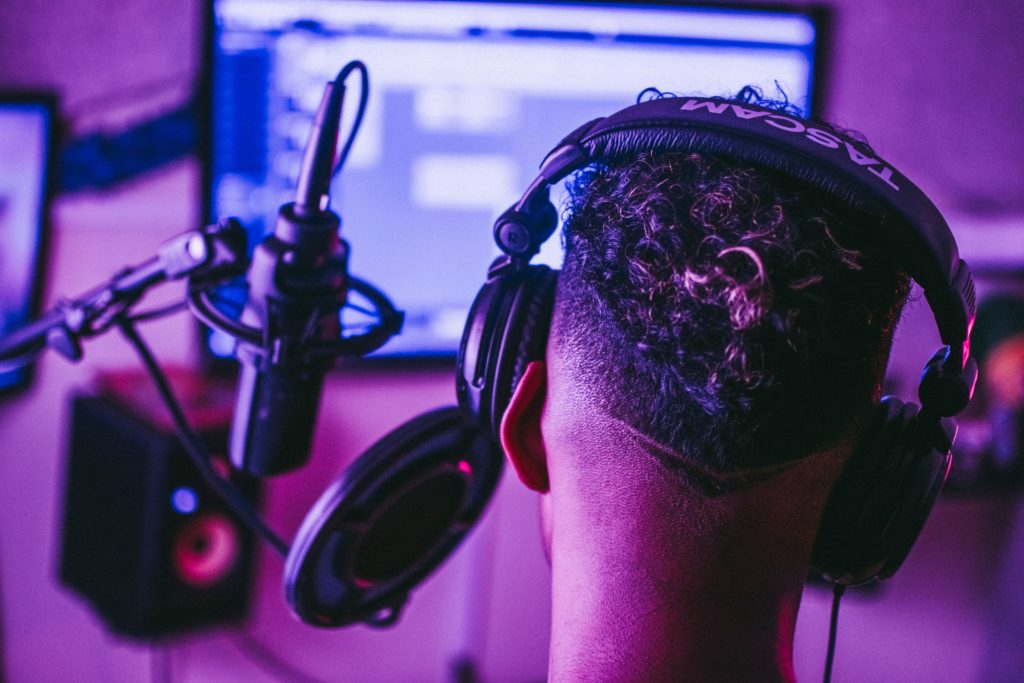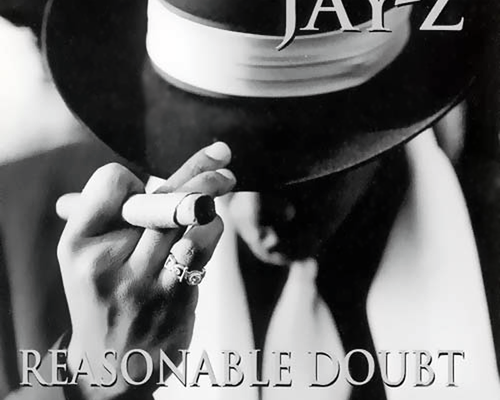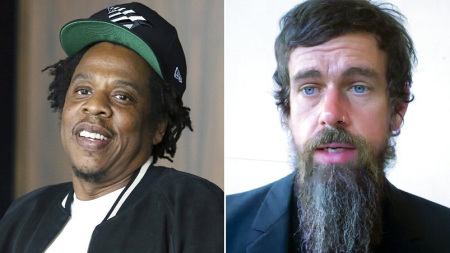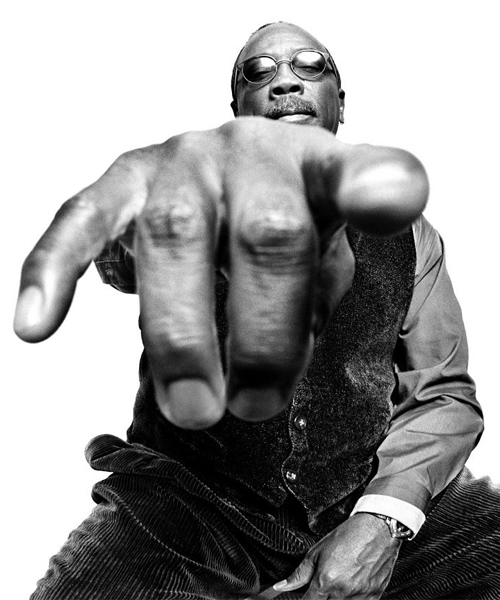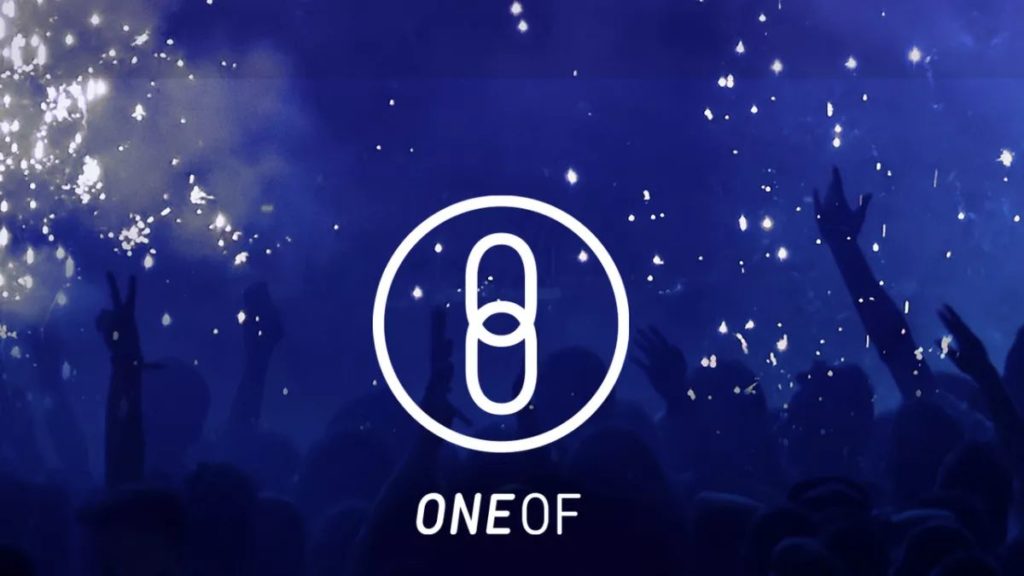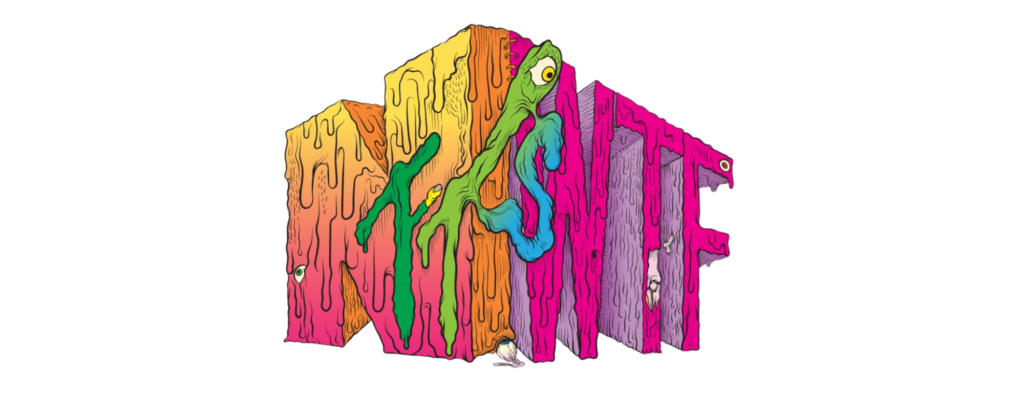Black Dave is a Charleston, South Carolina-based freelance creative, recording artist, visual artist, and producer/engineer focusing on traditional and non-traditional means of promoting his products. Having established himself on/off the Blockchain and through the NFT space, Dave is a multidisciplinary creative, citing anime, rap, hardcore rock, streetwear, & sneaker culture as his influences.
How do you define yourself as an artist? Do you differentiate how you see yourself and your art inside and outside the NFT space?
Lately, the way I define or introduce myself is by saying, “Hey, I’m Black Dave, and I’m an overall creative person.” I was on an episode of the podcast, An Untold Narrative with David Filar and we were talking about how we’re in the “slash generation” where everyone does multiple things and has no clear one-skill definition of themselves. I feel like I live in that. The types of people I look up to, like Pharrell and Kanye and Virgil Abloh and Childish Gambino, have always been fighting to be outside of the box they put them in, and they do great things if you let them work outside of it. I’ve been a photographer since 2012, and I’ve also worked in music, design, video/film, and a bunch of other random and interesting things. Whatever I think is cool, I just try to learn how to do it.
Your music is unique in that you rap about other art forms such as Anime. Can you speak to your inspiration to specifically reference Anime in your music?
To me, there’s sort of a requirement to rap in an authentic way or at least a way that appears authentic. So when I think about music, I try to just think about the things that inspire me or what I like. I think lots of artists try to rap about things they think other people resonate with — and the success of it sort of lies on if they were convincing or not, but if I just go with what I know, I can’t be found out at a fake, because I’m about the culture that I talk about.
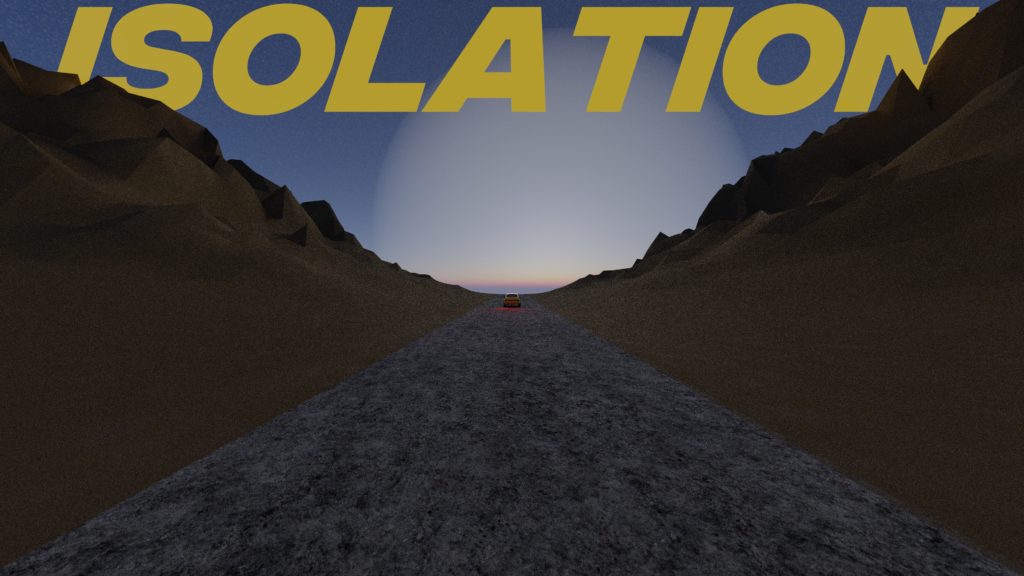
You started a newsletter called The Black Dave Report. Your newsletters are very vulnerable and diaristic. What motivated you to share these private thoughts and musings?
My “blogging” journey or whatever started all the way back with a live journal and Blogspot. I used to think I was pretty funny, so I would write these somewhat comedic blog posts intended to help me pick up girls. People who read what I wrote said that I write just like I talk, which I guess isn’t how most people write…? I considered that a compliment and just would randomly write about whatever was on my mind. I started a substack blog, which is where The Black Dave Report is hosted, long before getting into NFTs, but I shifted to that topic once I realized that people cared about what I had to say in the space. I’ve been enjoying myself, and I believe being open and honest is the key to success, so I try to do that as much as possible.
Speaking as both a rapper and a visual content creator, what do you think about the words “utility” and “value” concerning NFTs?
Utility is a current NFT buzzword. The thing I hate about buzzwords is that they are often super important, but everyone runs it to the ground and ruins it. I try to think a lot more about the “intended effect” as opposed to utility in the way many have been so far. I ask myself, “what’s the intended effect here?” So I can create with that in mind. Sometimes the intended effect is to hold a high secondary value. Sometimes the intended effect is entertaining, and that’s it. Sometimes the intended effect is to build community or provide identity or attendance to an event or whatever. We get so wrapped up in token-related mechanics and calling that utility, but the utility can be so many things, and you can make something that does nothing but looks cool.
You started the Black Dave discord? What do you feel this provides/can provide your community of followers?
The discord channel was actually something I had planned on doing long before NFTs when I was just trying to make beats on twitch and convince people to watch me do that. My NFT journey ended up surpassing my twitch journey, plus a few other hiccups on the twitch side, but NFTs breathed a new life into my discord. The main goal in my discord is to provide space for 2 types of people: the people who support me financially and the people who like what I like. My whole goal with the Black Dave brand, especially in NFT, is to make something that symbolizes what “cool” is and what people will want to watch for as a source of trend and taste in the space. I imagine a space filled with great taste in either anime, music, art or fashion. Right now, we’re still very early despite having about 150 people in the channel so far, but my goal is just to have a really chill spot where you not only are supporting me, but we’re doing for each other. My favourite channel in my server is the #mental-health one because I feel like we can just talk through things and connect more there, as people, not as artists or entities or avatars or any of that. I’ll also be airdropping people shit. NFTs. My social token is $BLKPRTY. Other random currencies. I’m gearing up for anime and movie nights, as well as DJ sets from myself and the homies. Join up if you’re into it!
Tell us about your recent NFT drop!
My latest drop is my second music drop in the NFT space. I’ve done a few other things to warm up, but music is my ultimate goal. I’ve been exploring what being a musical artist can look like in this space, and this is my next attempt at that. With this drop, I released 2 songs, each in a limited run of 25 editions. One song is an upbeat, on-brand song called “Kaioken 10,” and the second is a lyrical exercise over a throwback sample called “Appreciate it.” I took the approach of releasing a pair of different songs because the centerpiece of this release is an auction for a token that represents receiving a rap verse from me. In my exploration of what sustainability looks like, I think being able to receive a bit of support upfront to grow and increase in value with an offering of something on a future date is a possible solution. Trying to think about this in a way that avoids the whole securities conversation and making sure that the people who support me on my path have no ownership or decision-making power is super important to me. Also of note, I’m continuing my series, Manga Tears, which I think of as a curation of how manga represents different types of emotions and a new series of 3D works I’ve created called “Isolation.” If you collect any visual NFTs, they come with downloads for both songs as unlockable content.
In your latest drop, “Kaioken 10″ and “Appreciate It” two rap tracks make references to the NFT space in the lyrics and feel sonically influenced by metal and other musical genres. So how did you arrive here artistically?
My personal musical journey starts in middle school, where I was initially introduced to the Wu-Tang Clan — my first album I bought of my own accord was Wu-Tang Forever, the double-disc. I got into nu-metal and pop-punk and bands like Linkin Park and your common warped tour bands as well around the same time, so I was digging into both at once. I also used to do this thing where I would buy CDs based solely on their cover art, so I ended up getting lightly into electronic music, but chill stuff. Thievery Corporation and M83 and stuff. I joined my first punk band in high school, playing bass guitar, and got into music production. I worked on an electronic music project with a friend called Robo Reptar that evolved into a full-on band before I settled into my last band from 2008-2013ish called EVA. Afterward, I started rapping more formally. All of these influences informed the style of music I make now, as well as being into anime for the last 20+ years. I’m sort of thankful that most of my musical taste came from my own decision-making and not that of my parents…you can catch me sometimes even saying that I don’t listen to music that’s older than I am, and honestly, there’s very little I listen to.
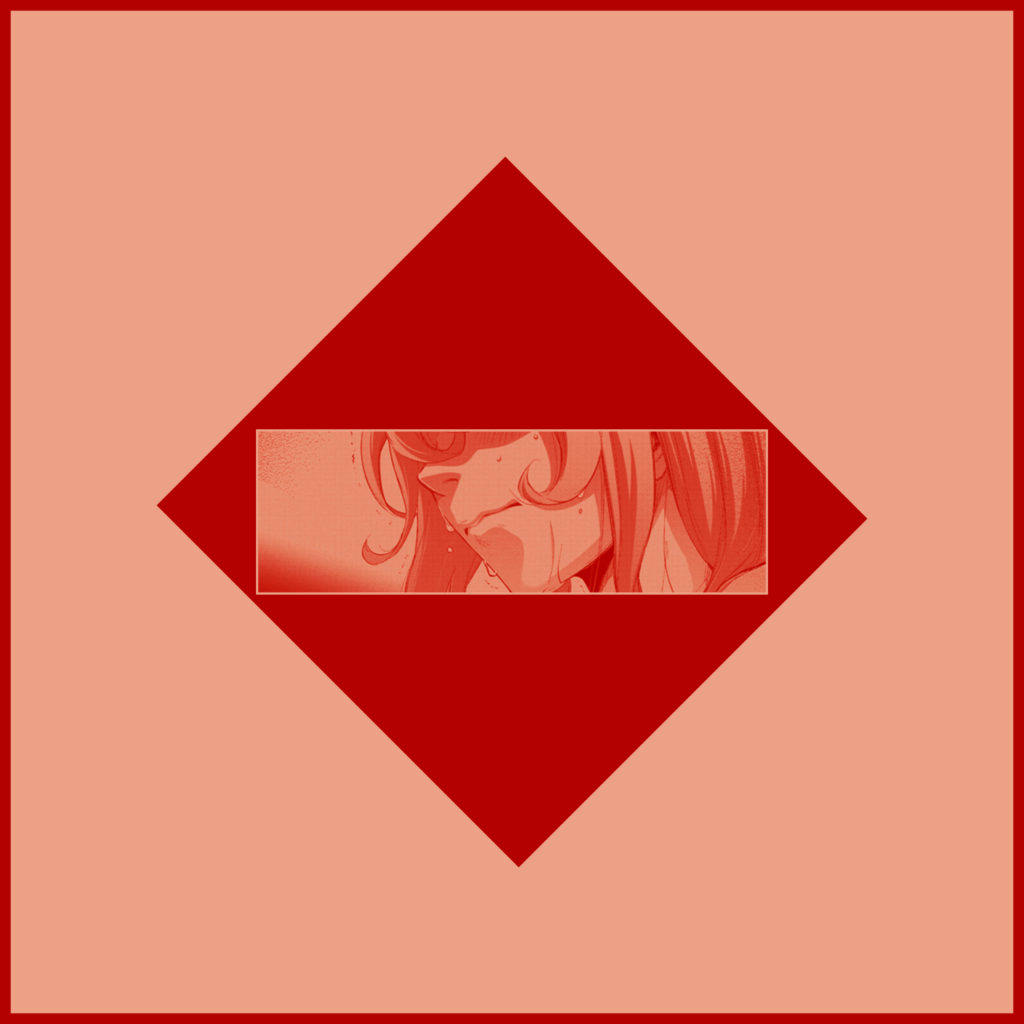
To learn more about Black Dave, check out his NFTs on OpenSea, visit his website and follow him online:
Website: https://blackdaveblackdave.com/links
Twitter http://twitter.com/blackdave
Instagram http://instagram.com/blackdaveblackdave
Music http://soundcloud.com/blackdaveblackdave
Opensea: https://opensea.io/assets/blackdave002

